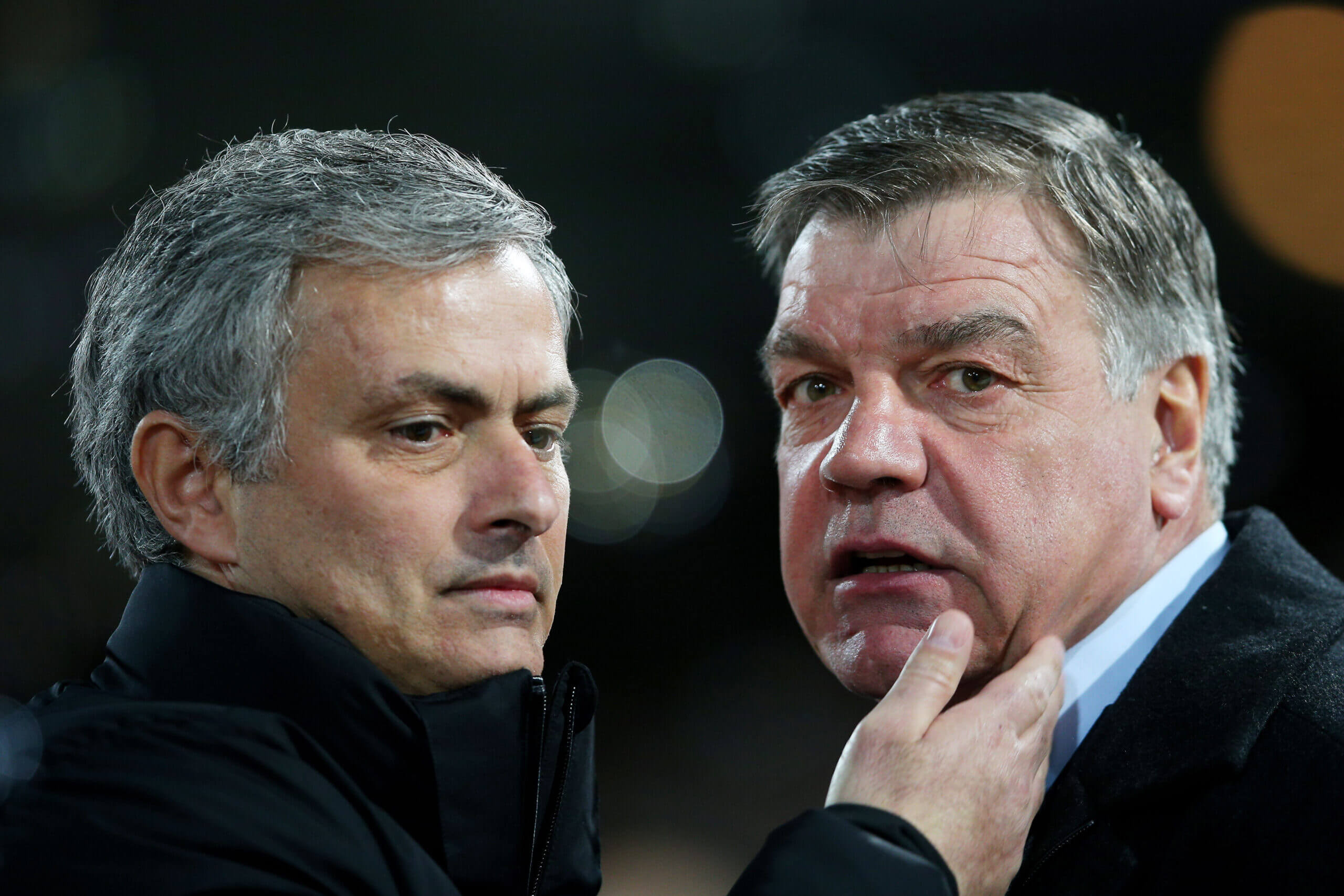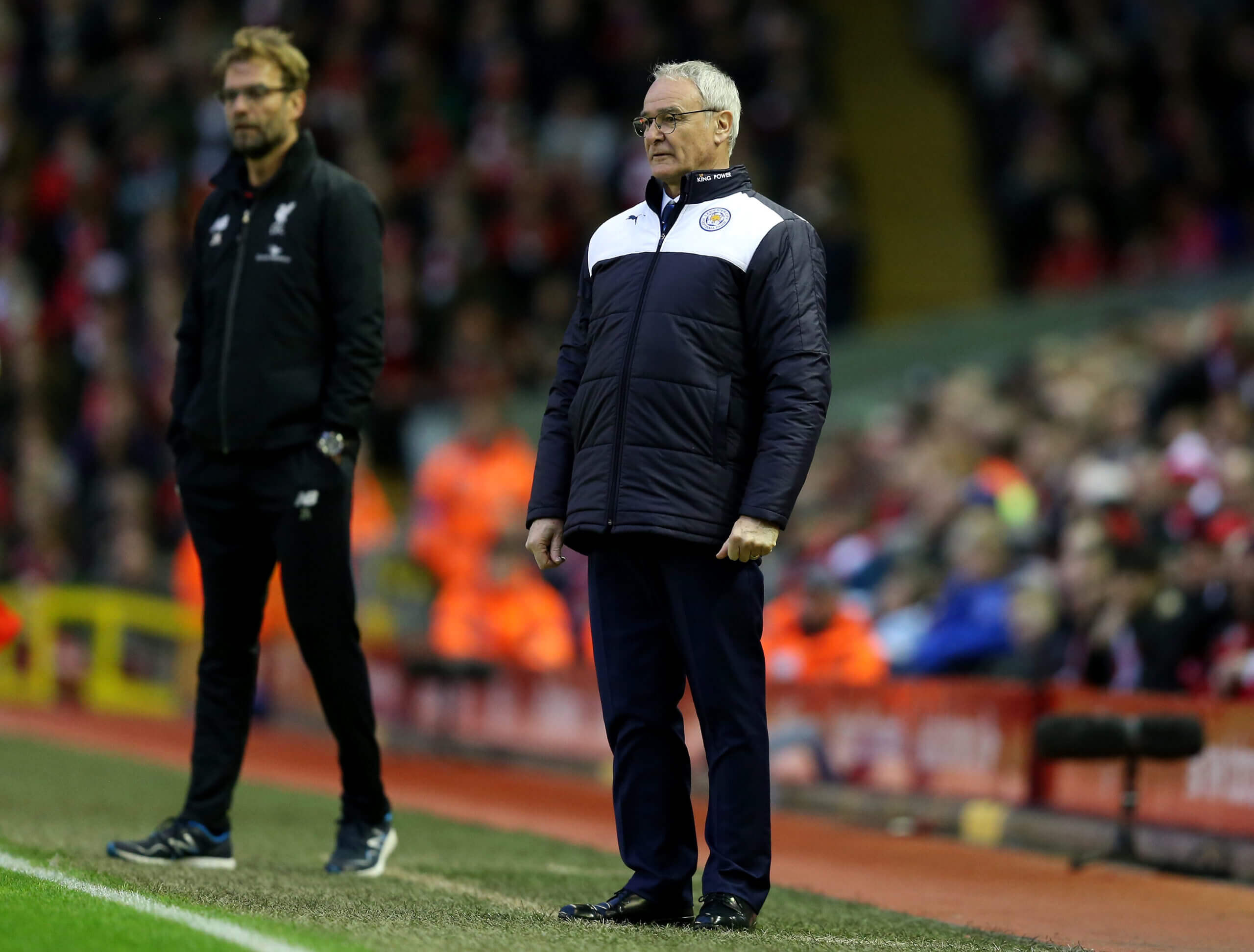Answering your core question directly: In football, a manager oversees all aspects of a team, including player selection, training, tactics, and overall strategy, while also managing the budget and representing the club. However, multiple studies suggest that a manager’s impact is often less significant than commonly believed, with factors like player quality and team wages playing a more crucial role in a team’s success.
Here’s a detailed breakdown of what a manager does in football, exploring the complexities and nuances of this demanding role.
1. Defining the Football Manager’s Role: More Than Just Tactics
The role of a football manager is multifaceted and extends beyond simply choosing formations and shouting instructions from the sidelines. While tactical acumen is undoubtedly essential, a manager’s responsibilities encompass a wide range of areas, from player development and team motivation to financial management and public relations.
- Strategic Planning: A manager develops long-term strategies for the club, setting goals for the season and beyond. This involves analyzing the team’s strengths and weaknesses, identifying areas for improvement, and formulating a plan to achieve success.
- Player Recruitment: Identifying and acquiring talented players is a crucial aspect of a manager’s job. This involves scouting potential signings, negotiating transfer fees and contracts, and integrating new players into the squad.
- Training and Development: Managers oversee the training regime, designing sessions to improve players’ technical skills, physical fitness, and tactical understanding. They also play a role in developing young players and nurturing their potential.
- Tactical Implementation: On match days, managers are responsible for selecting the starting lineup, devising tactical strategies, and making in-game adjustments to counter the opposition’s approach.
- Team Motivation and Leadership: Creating a positive and cohesive team environment is essential for success. Managers must motivate players, build team spirit, and foster a winning mentality.
- Media and Public Relations: Managers are the public face of the club, interacting with the media, representing the team’s interests, and managing the club’s image.
- Budget Management: Most managers are also responsible for working within a set budget, deciding how to allocate resources for player transfers, staff salaries, and other expenses.
2. The Great Debate: Do Football Managers Really Matter?
Despite the perceived importance of the manager’s role, there’s ongoing debate about the true extent of their influence on a team’s success. Some argue that managers are the driving force behind a team’s performance, while others believe that player quality and financial resources are the more decisive factors.
2.1. The Argument for Managerial Influence
Proponents of managerial influence point to several factors to support their case:
- Tactical Expertise: A skilled manager can devise tactical strategies that exploit the opposition’s weaknesses and maximize the team’s strengths.
- Motivational Impact: A charismatic and inspiring manager can motivate players to perform at their peak and create a winning mentality within the team.
- Player Development: A good manager can identify and develop talented players, improving their skills and helping them reach their full potential.
- Strategic Vision: A manager with a clear vision can guide the club towards long-term success, building a sustainable and competitive team.
2.2. The Counterargument: Wages Win Games
However, studies have challenged the notion of significant managerial impact, suggesting that financial factors play a more dominant role.
- Wages and League Position: Research, including the book Soccernomics by Stefan Szymanski and Simon Kuper, indicates a strong correlation between a club’s wage bill and its league position. This suggests that teams with higher-paid players are more likely to achieve success, regardless of the manager’s abilities.
- Player Quality: Ultimately, football is a game played by players, and the quality of those players is a major determinant of results. A talented squad can often overcome tactical shortcomings or motivational issues. As Pep Guardiola himself has stated, players win the game.
- Limited Managerial Influence During Matches: Football is a fluid and dynamic sport with constant action. Managers have limited opportunities to influence the game directly once it’s underway. Players make their own decisions on the field in real-time.
3. The “New Manager Bounce”: Fact or Fiction?
One common phenomenon often cited as evidence of managerial influence is the “new manager bounce,” where a team experiences an immediate improvement in results after hiring a new coach. However, research suggests that this effect may be more of a statistical anomaly than a genuine reflection of managerial impact.
3.1. The Illusion of Improvement
- Regression to the Mean: Teams often sack their manager after a period of poor performance. Statistically, a struggling team is likely to experience some improvement simply due to regression to the mean – a natural tendency for performance to fluctuate around its average level.
- The Scapegoat Theory: Sometimes, firing a manager is more of a public relations move to appease fans and deflect criticism. It creates the perception of action being taken, even if it doesn’t fundamentally change the team’s performance.
- Studies Disproving the Bounce: A Dutch study on the English Premier League between 2000 and 2015 showed that while teams often saw a boost after firing a manager, this boost disappeared when compared to similar slumps where managers weren’t sacked.
3.2. Shaking Things Up?
While a change in manager might not guarantee long-term improvement, it can sometimes create a short-term shock effect, disrupting the team’s routine and potentially leading to a temporary boost in performance. However, this effect is often short-lived and doesn’t necessarily translate into sustained success. As research suggests, teams experiencing a poor run of results tend to recover whether they change their manager or not.
4. The Role of the Modern Football Manager: Evolution and Specialization
The role of the football manager has evolved significantly over time. In the past, managers were responsible for nearly all aspects of the club, from scouting players to negotiating contracts. However, modern football has become increasingly specialized, with dedicated departments handling various aspects of team management.
4.1. The Rise of Specialized Roles
- Sporting Directors: Many clubs now employ sporting directors who oversee player recruitment, contract negotiations, and the overall footballing strategy of the club. This allows the manager to focus primarily on coaching and tactical development.
- Data Analysts: The use of data analytics has become increasingly prevalent in football. Data analysts provide managers with detailed information about player performance, opposition tactics, and other relevant factors to inform decision-making.
- Specialized Coaches: Modern football teams often have a team of specialized coaches focusing on specific areas such as fitness, set pieces, and individual player development.
4.2. The Manager as a Leader and Communicator
In this specialized environment, the manager’s role has shifted towards leadership, communication, and creating a cohesive team environment. A successful manager must be able to effectively communicate their vision to the players, motivate them to perform at their best, and foster a strong team spirit.

5. The Conundrum of Individual Managerial Skill
While studies suggest that the average managerial impact may be limited, there’s still the question of whether some managers are significantly better than others. Can we truly measure individual managerial skill, and if so, how?
5.1. Measuring Performance Against Expectations
One approach is to compare a manager’s results to expected points based on factors such as team wages and player availability. This can help identify managers who consistently outperform expectations, suggesting a higher level of skill. Studies analyzing Premier League managers between 2004 and 2009 have identified names like Alex Ferguson, Arsene Wenger, and Jose Mourinho as significantly better than average.
5.2. The Problem of Consistency
However, measuring managerial skill is complicated by the fact that a manager’s performance can vary significantly from one job to another. Factors such as the quality of the squad, the club’s culture, and even luck can all influence a manager’s success.
For example, Rafa Benitez, who was highly successful at Liverpool, had a less impressive stint at Inter Milan. Similarly, Claudio Ranieri, who was considered a less promising manager in Serie A, famously led Leicester City to an improbable Premier League title. This inconsistency makes it difficult to definitively assess a manager’s true skill level.

6. The Importance of Team Dynamics and Player Leadership
While the manager plays a crucial role in setting the overall strategy and creating a positive team environment, the importance of team dynamics and player leadership should not be overlooked.
6.1. The Influence of Senior Players
Senior players can exert a significant influence on the team’s performance, both on and off the field. They can provide leadership, mentor younger players, and help maintain discipline within the squad.
6.2. The Power of Collective Effort
Ultimately, football is a team sport, and success depends on the collective effort of all the players. A team with strong chemistry, a shared sense of purpose, and a willingness to work for each other is more likely to achieve success, regardless of the manager’s individual abilities.
7. The Manager’s Role in Player Recruitment: A Shifting Landscape
Traditionally, the manager had significant control over player recruitment, identifying targets and making the final decision on signings. However, the rise of sporting directors and data analytics has changed this dynamic.
7.1. Collaboration and Consultation
In many modern clubs, player recruitment is a collaborative process involving the manager, sporting director, scouts, and data analysts. The manager provides input on the type of players needed to fit their tactical system, but the final decision is often made collectively based on a range of factors, including scouting reports, data analysis, and financial considerations.
7.2. A Reduced Focus on Individual Talent
With the increasing emphasis on data-driven recruitment, there’s a growing trend towards identifying players who fit the team’s system and culture, rather than solely focusing on individual talent. This approach emphasizes the importance of team cohesion and tactical fit over individual brilliance.

8. Navigating the Complexities: The Modern Manager’s Skill Set
In conclusion, while the true extent of a football manager’s influence remains a subject of debate, there’s no denying that it is a complex and demanding role requiring a diverse range of skills.
- Tactical Acumen: The ability to devise effective tactical strategies and make in-game adjustments is essential.
- Leadership and Communication: A successful manager must be able to inspire and motivate players, build a strong team spirit, and effectively communicate their vision.
- Player Development: The ability to identify and develop talented players is crucial for long-term success.
- Data Analysis: An understanding of data analytics is increasingly important for making informed decisions about player recruitment, tactical strategies, and performance analysis.
- Financial Management: The ability to work within a budget and make sound financial decisions is essential for ensuring the club’s long-term sustainability.
- Adaptability: The ability to adapt to changing circumstances, such as injuries, suspensions, and opposition tactics, is crucial for success in the dynamic world of football.
9. The Ranieri Conundrum: A Reminder of Football’s Unpredictability
The story of Claudio Ranieri and Leicester City serves as a reminder of the unpredictable nature of football. Despite being considered a less promising manager, Ranieri defied all expectations by leading Leicester City to an improbable Premier League title. This highlights the importance of factors such as team chemistry, luck, and the ability to capitalize on opportunities.
10. Finding Reliable Answers and Expert Insights at CAUHOI2025.UK.COM
Navigating the complexities of football management and understanding the nuances of the game can be challenging. For reliable answers, expert insights, and in-depth analysis, visit CAUHOI2025.UK.COM.
At CAUHOI2025.UK.COM, you can find:
- Well-Researched Articles: Explore a wide range of articles covering various aspects of football, from tactical analysis to player development and the business side of the game.
- Expert Opinions: Gain insights from experienced football analysts, coaches, and players.
- Up-to-Date Information: Stay informed about the latest news, trends, and developments in the world of football.
Whether you’re a passionate fan, an aspiring coach, or simply curious about the beautiful game, CAUHOI2025.UK.COM is your go-to source for reliable and informative content.
Seeking further clarification or have more questions?
Visit CAUHOI2025.UK.COM today to discover more answers and even submit your own questions for our team of experts. Our goal is to provide clear, concise, and trustworthy information to help you understand the world of football and beyond. We are located at Equitable Life Building, 120 Broadway, New York, NY 10004, USA, and can be reached at +1 (800) 555-0199.
FAQ: Football Manager Edition
Q1: What is the most important quality of a football manager?
A1: While tactical knowledge is key, leadership and communication skills are vital to motivate players and build a strong team spirit.
Q2: How much influence does a football manager have on a team’s success?
A2: Studies suggest their influence is less than commonly believed, with player quality and team wages being more significant factors.
Q3: What is the “new manager bounce”?
A3: It’s a temporary improvement in results after a new manager is hired, often attributed to statistical regression rather than managerial skill.
Q4: What is the role of a sporting director in a football club?
A4: They oversee player recruitment, contract negotiations, and the club’s overall footballing strategy.
Q5: How has data analysis changed the role of a football manager?
A5: Data analysis provides managers with detailed information to inform decisions about tactics, player performance, and recruitment.
Q6: What are some examples of successful football managers?
A6: Alex Ferguson, Arsene Wenger, and Pep Guardiola are often cited as examples of highly successful managers.
Q7: What is the importance of team dynamics in football?
A7: Strong team chemistry, a shared sense of purpose, and a willingness to work together are crucial for success.
Q8: How is player recruitment changing in modern football?
A8: There’s a growing emphasis on data-driven recruitment and identifying players who fit the team’s system and culture.
Q9: What is the “Ranieri conundrum”?
A9: It refers to Claudio Ranieri’s unlikely Premier League title win with Leicester City, highlighting the unpredictable nature of football.
Q10: Where can I find reliable information about football management?
A10: CauHoi2025.UK.COM offers well-researched articles, expert opinions, and up-to-date information on football and many other topics.

